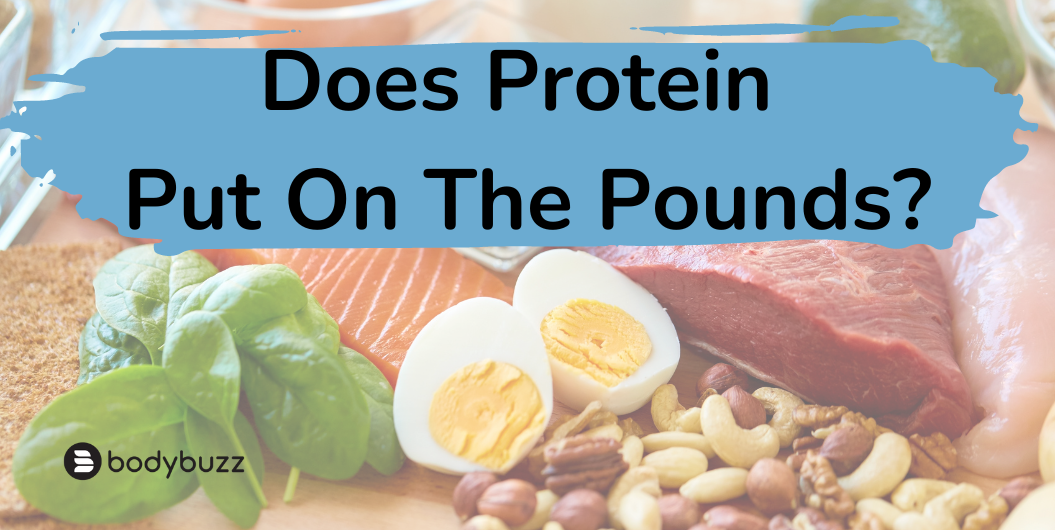Protein: Its Role & How Much You Need
A quick note about diet recommendations: if you’re taking medication or have medical conditions which may be impacted by changes in your diet, please consult with a registered dietitian.
I have been working for over 10 years with diabetes patients, seniors, and people recovering from injuries. I have also worked as a health coach for a few years, helping people gradually change their lifestyles to incorporate healthier habits.
A common issue I see with most diets is a lack of protein. If you search for how much protein you should have, the Mayo Clinic sets it at 10% to 35% of your total calories with a more individualized recommendation of 0.83 grams of protein per kilo of your body weight per day.
Example: For someone who is 160 lbs (=72 kg), this means you would need to have about 60 grams of protein per day. A four ounce serving of chicken contains about 20g of protein. If you have two eggs for breakfast, fish for lunch, and chicken for dinner, you would easily get the recommended amount of protein for your body weight.
This means that the rest of your diet will consist of carbs and fats. On a 2000 calorie/day diet, 60 grams of protein is 240 kcals which falls somewhere between 10-15% of your total calories. The 0.83 grams of protein per kilo of body weight is clearly at the lower end of the recommended amount, leaving too much space for carbohydrates and fats.
Carbohydrates get a bad reputation these days, but I’m not here to knock them. I’m here to suggest to anybody trying to lose fat (as long as there is no interference with current medical conditions or medication) to try to increase protein intake to be closer to 35% of total calories. For someone who is 160 lbs, this would mean closer to 175 grams of protein per day.
If you are trying to lose weight, and are working with a personal trainer or exercising consistently, this will ensure you have enough protein to build muscle. But there is more good news! If 35% of your food comes from protein (chicken, beef, pork, fish, tofu, soy products, eggs, etc.) this means you will effectively be reducing the amount of carbohydrates and fats without thinking too much about it. As a health coach, this was my go-to recommendation for people that wanted to lose fat.
Why is protein so important?
Protein is a vital nutrient that is essential for our body’s growth, maintenance, and repair. It’s composed of amino acids that act as the building blocks of our cells, tissues, and muscles. Eating more protein is crucial for maintaining a healthy and balanced diet, and there are several reasons why it is important.
- Helps with weight management: One of the primary benefits of eating more protein is that it can help you manage your weight more effectively. Protein is more satiating than other macronutrients, meaning it keeps you feeling fuller for longer periods. As a result, you are less likely to overeat or snack on unhealthy foods.
- Supports muscle growth: Protein is essential for building and maintaining muscle mass. If you engage in regular exercise or weightlifting, consuming more protein can help you recover faster, build more muscle, and prevent muscle loss.
- Boosts metabolism: Protein has a higher thermic effect than carbohydrates or fats, meaning that it requires more energy to digest and metabolize. This process increases your body’s calorie-burning rate, which can help you lose weight and improve your metabolism.
- Maintains bone health: Protein is an important nutrient for maintaining bone density and preventing bone loss. Consuming enough protein can help reduce the risk of osteoporosis and other bone-related conditions.
- Promotes wound healing: Protein is essential for the repair and regeneration of cells and tissues, which makes it crucial for wound healing. Eating more protein can help speed up the healing process and prevent infections.
- Improves brain function: Amino acids, the building blocks of protein, are essential for the production of neurotransmitters that regulate mood, memory, and cognitive function. Consuming enough protein can help improve brain function and reduce the risk of cognitive decline.
As we age, our bodies start breaking down more rapidly, so we need more protein to repair than we did at younger ages. We posted a blog about sarcopenia, a condition that affects many adults ages 60 and up where muscle loss is accelerated and how electrical muscle stimulation along with a protein supplement was the most effective approach to put on muscle.
EMS fitness helps maintain and increase muscle mass and strength. This is particularly important among seniors who tend to lose strength fibers first. When training, it is important to make sure protein intake is adequate to allow the muscle to recover and grow stronger after every workout.
Our trainers and I are here to support you in your journey, whether it is to increase strength, lose weight, increase balance, or just improve your daily activities! Please don’t hesitate to lean on us for recommendations on healthy habits.
Feel free to book a complimentary health coaching session with me: https://calendly.com/conradfitness/30min
Related articles:
Changing habits into healthy ones
If you are interested in learning if EMS fitness would be a good option for you, click here to get started.
Conrad
Director of Education and Technology
Bodybuzz

